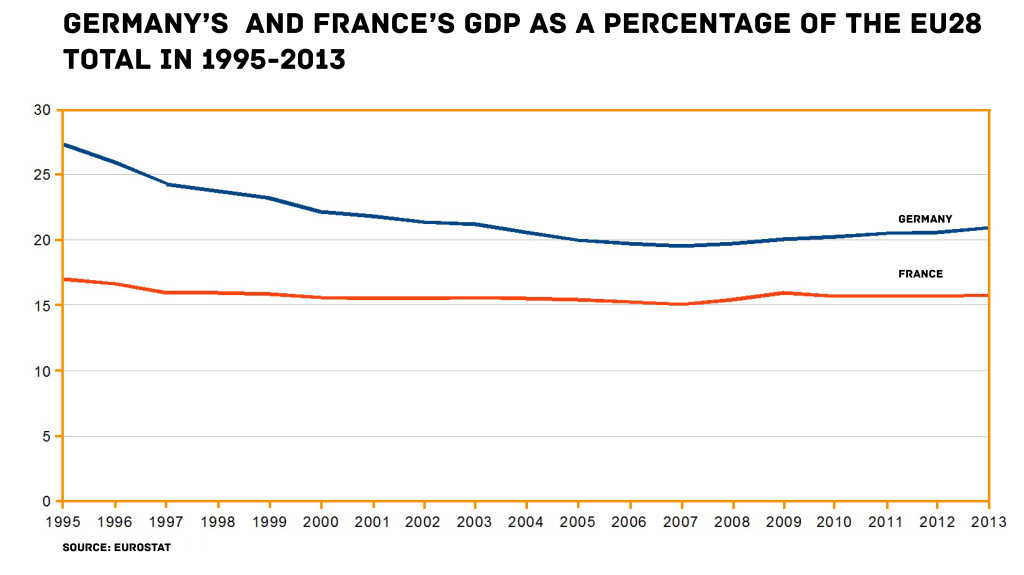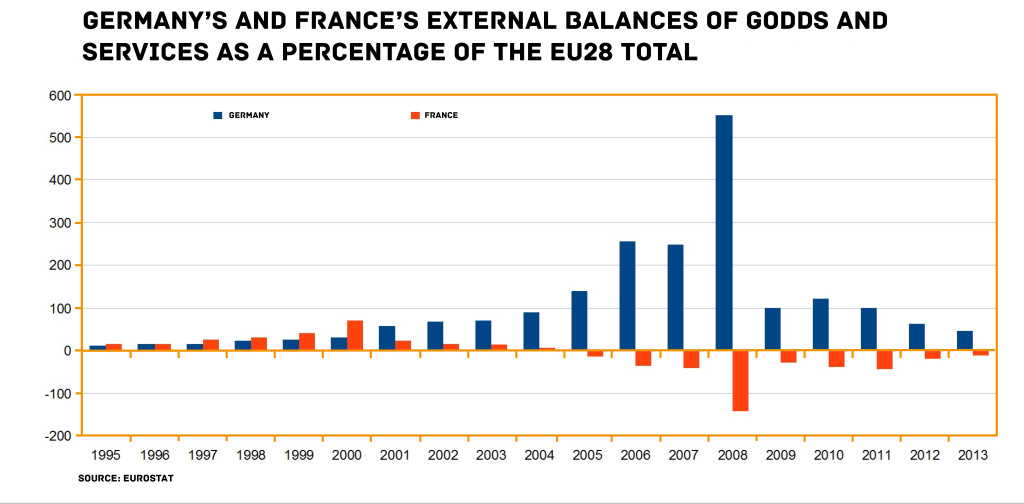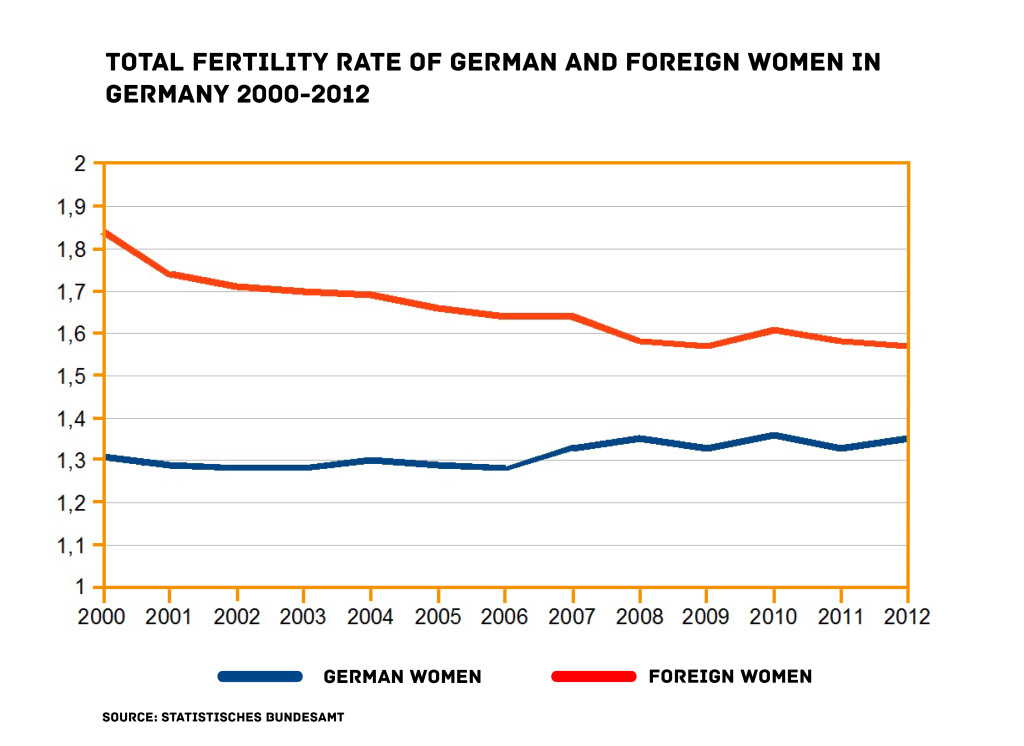The coming years will be crucial for the Chinese economy and decisive for the realization of the „Chinese dream” of a prosperous society. This dream is to be achieved through the 13th Five-Year-Plan. This conglomerate of strategic goals will have a cascading effect; it will affect the global economy as well.
Many see the Five-Year-Plan (FYP) as a Stalinist holdover of China’s old command economy1; disregarding those „Guidelines” is a mistake. Investors should be fully aware of China’s five year economical cycles. China’s economic cycles are dictated by the elite of the Communist Party of China (CPC) and not by the invisible hand of the market.
China is run by the CPC whom does not see a free markets as a goal, but as a mean to improve the wealth of the citizens of China. The website of the CPC states the following ”The Communist Party of China takes Marxism-Leninism, Mao Zedong Thought, Deng Xiaoping Theory, the important thought of Three Represents and the Scientific Outlook on Development as its guide to action.”
To understand the importance of the FYP, one must understand exactly what it is. Continue reading














